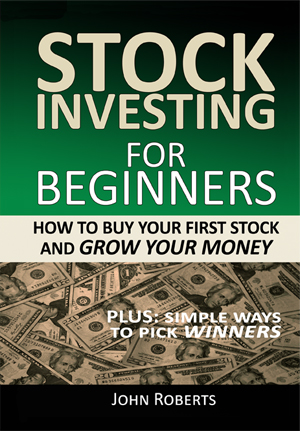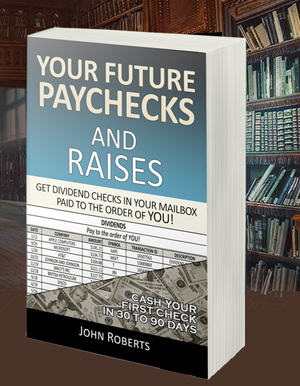Are You Loaning Or Owning?
I break investments down into two categories. You are either loaning or owning. Below are a number of examples to illustrate this point. But I bet you get the picture in the first two.
If you buy a CD at the bank you are loaning them your money. They pay you interest for the use of it. The interest is how you make money.
If you buy a stock, you are owning. You are now an owner of the business. It may pay you dividends from the profits of the business and you are betting the company (and it’s stock) will become more valuable. This is how you make money.
If you buy a corporate bond, you are loaning. You are loaning money to a corporation. They will pay you interest for the use of it. This is how you make money.
If you buy a fine art oil painting, you are owning. You are betting that the painting will appreciate in value. This is how you make money.
Okay, so you get the picture. By and large, investments are either loaning or owning.
So what is the overall tradeoff? Well, loaning (bonds, etc.) is considered safer but you make less money. Owning (stocks) is considered more risky, but offers the chance of a higher return.
Since this is a book on stock investing, we will only cover how to buy and sell stocks (and stock-like investments). So we will be owning. However, that is not to say that bonds and other “loaning” investments should not be part of your portfolio.
But for most people, stocks will be a significant part of their investment portfolio. So if you master this material, you could do well for yourself in that important area of your investments
So that’s it. We will be focusing on owning. That is to say we will focus on buying stocks in this book. To try to do more could be overwhelming. So we’ll stay focused and master this material.
There are only two simple exceptions to this—which you will understand immediately. These are covered in the next chapter.



